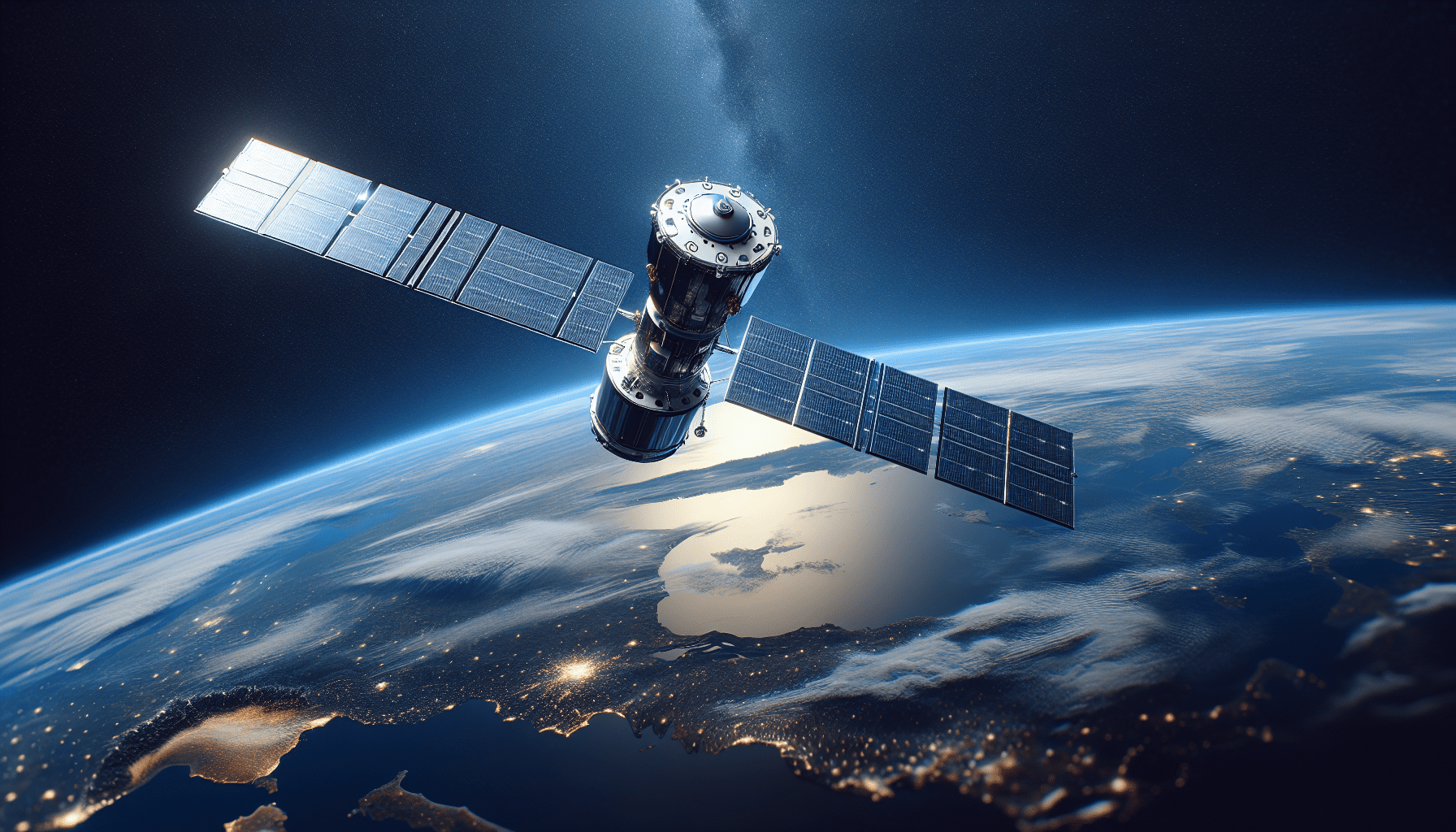Did you know that Turkey has been making significant strides in the fields of space and aviation sciences? With the establishment of its own space agency and ongoing projects like Turksat communication satellites, Turkey is steadily becoming a key player in space research and technology. Additionally, Turkish Airlines has been recognized as one of the leading airline carriers in the world, showcasing Turkey’s advancements in aviation. Stay tuned to learn more about Turkey’s exciting contributions to the world of space and aviation sciences. Have you ever wondered about Turkey’s involvement in space and aviation sciences? Here, we will explore how Turkey is making advancements in these fields and contributing to the global efforts in space exploration and aviation technology.

